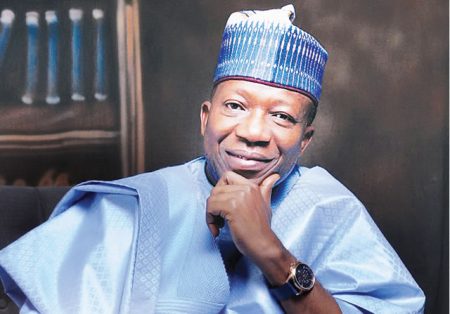The healthcare landscape in Ghana is facing potential disruption due to a schism within the nursing and midwifery professional bodies. The Ghana Registered Nurses and Midwives Association (GRNMA) has announced its intention to commence a strike on June 2, 2025, a decision that has sparked significant dissent from four other major associations representing nurses and midwives. This unilateral action by the GRNMA contradicts a recently established consensus among all the unions to pursue a collaborative approach in addressing their concerns regarding working conditions and the implementation of the Collective Agreement for Conditions of Service (COS).
The dissenting associations – the Union of Professional Nurses and Midwives Ghana (UPNMG), the Professional Association of Psychiatric Nurses Ghana (PAPNG), the National Association of Registered Midwives Ghana (NARM-GH), and the Ghana Registered Midwives Association (GRMA) – have jointly issued a statement expressing their profound disapproval of the GRNMA’s decision. They characterize the impending strike as a breach of professional unity and a potential detriment to the collective bargaining power of the nursing and midwifery workforce. These four associations underscore the importance of a unified front in negotiations with the government, arguing that fragmented actions weaken their position and jeopardize the welfare of the professionals they represent.
The core issue underlying the dispute revolves around the implementation of the Collective Agreement for Conditions of Service (COS). On May 27, 2025, a joint meeting of all five unions resulted in an agreement to postpone any strike action pending further internal consultations with their respective memberships and a scheduled meeting with the Finance Minister. This agreement aimed to facilitate a collaborative and strategic approach to negotiations, ensuring a stronger and more unified voice in advocating for improved working conditions. The GRNMA’s subsequent decision to proceed with the strike undermines this carefully crafted consensus and threatens to disrupt the collaborative efforts to address the shared concerns of all nursing and midwifery professionals.
The four dissenting associations have taken a firm stance against the GRNMA’s planned strike. They have explicitly instructed their members to continue their duties and refrain from participating in the industrial action. Furthermore, they have reiterated their commitment to engaging in constructive dialogue with the Ministry of Health and the Fair Wages and Salaries Commission to address the issues at hand. Their preferred approach emphasizes dialogue and negotiation as the most effective means of achieving positive outcomes for their members, contrasting sharply with the GRNMA’s more confrontational approach.
The dissenting associations acknowledge the validity of the GRNMA’s concerns regarding working conditions and the need for improved terms of service. However, they strongly emphasize that these concerns should be addressed through a coordinated and strategic approach involving all stakeholders. They argue that unilateral actions such as the planned strike not only disrupt essential healthcare services but also undermine the very professionals they purport to represent. By fracturing the collective bargaining power of the nursing and midwifery workforce, the GRNMA’s actions risk jeopardizing the progress made towards achieving improved working conditions for all.
The dissenting associations have issued a direct appeal to the GRNMA to reconsider its decision and withdraw the strike notice. They urge the GRNMA to return to the consensus reached during the May 27 meeting and recommit to a collaborative strategy. They believe that a unified approach, characterized by dialogue and constructive engagement with the relevant government bodies, offers the most promising pathway towards achieving meaningful improvements in working conditions and ensuring the continued delivery of quality healthcare services to the people of Ghana. The future of negotiations and the welfare of nursing and midwifery professionals hang in the balance, contingent on the GRNMA’s response to this appeal for unity and collaboration.














